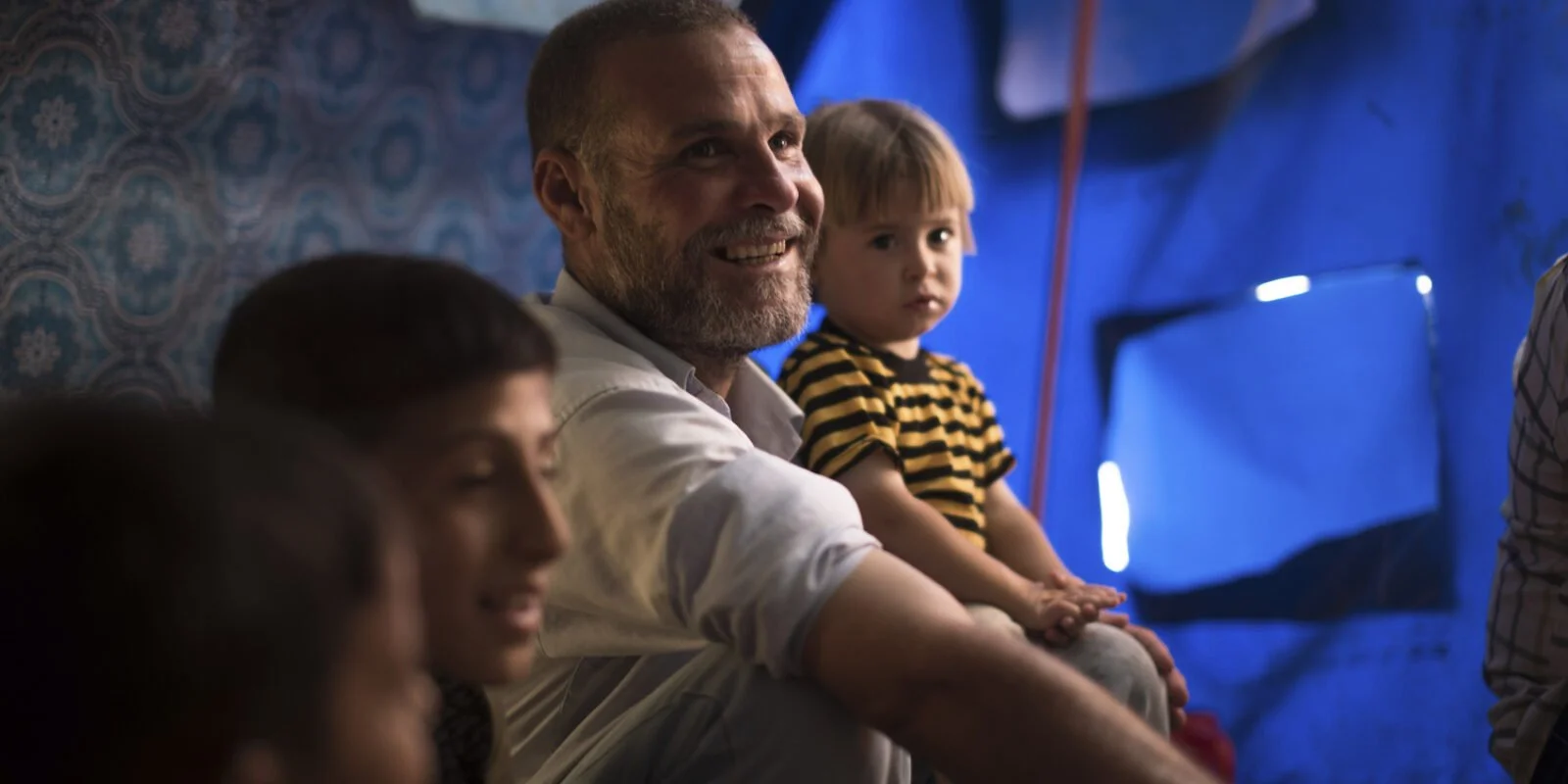Humanitarian reform in Iraq, Uganda and Somalia
Hamam Halaleel displaced persons camp in Mosul, Iraq. Photo: ICRC
We believe global humanitarian reform begins in places affected by disasters, not in global capitals. That’s why we want to understand how people affected by crisis experience humanitarian action – and help humanitarian actors change course as a result.
We help crisis-affected people share their feedback with the humanitarian community with a regularly updated set of benchmarks that tell aid providers, coordinators, governments, and donors how affected people view actions undertaken on their behalf. We provide statistically sound means of tracking performance over time against indicators linked to humanitarian response plans, identifying trends, barriers, and clear pathways to improvement.
Where we work
With support from the the UK Foreign, Commonwealth & Development Office (FCDO), we aimed to ensure that the voices of affected people influenced global policy processes and specific humanitarian responses to the crises in three particular countries:
In Iraq, we supported the Humanitarian Country Team in undertaking an accountable programme and monitoring cycle, providing affected communities with opportunities to express their feedback. We tracked shifts in perceptions over time, working with aid agencies and coordinators in-country to ensure that our findings informed positive changes.
In Uganda, we are continuing to support refugees to provide feedback on the humanitarian assistance they receive. We support affected people in providing feedback on indicators linked to the Refugee Response Plan (RRP). Monitoring perceptions over time allows us to help the humanitarian community identify clear areas for improvement and work together towards shared objectives.
In Somalia, we are overcoming access constraints to provide affected communities with opportunities to express their feedback on the ongoing humanitarian response, again tracking progress over time. Through regular meetings and presentations, we are working with aid agencies and response coordinators in-country to ensure that our findings inform response planning, implementation, and monitoring.
We have undertaken similar work in Bangladesh, Burkina Faso, the Central African Republic, and Chad.
Iraq
Iraq - December 2019 - Full report - English
Iraq - March 2019 - Full report - English
Uganda
Uganda - March 2020 - Full report - English
Uganda - February 2019 - Full report - English
Somalia
Somalia - November 2019 - Full report - English
Somalia - November 2019 - Highlights - English
Somalia - November 2019 - Highlights - SOMALI
Somalia - September 2019 - Bulletin - English
Somalia - March 2019 - Full report - English

